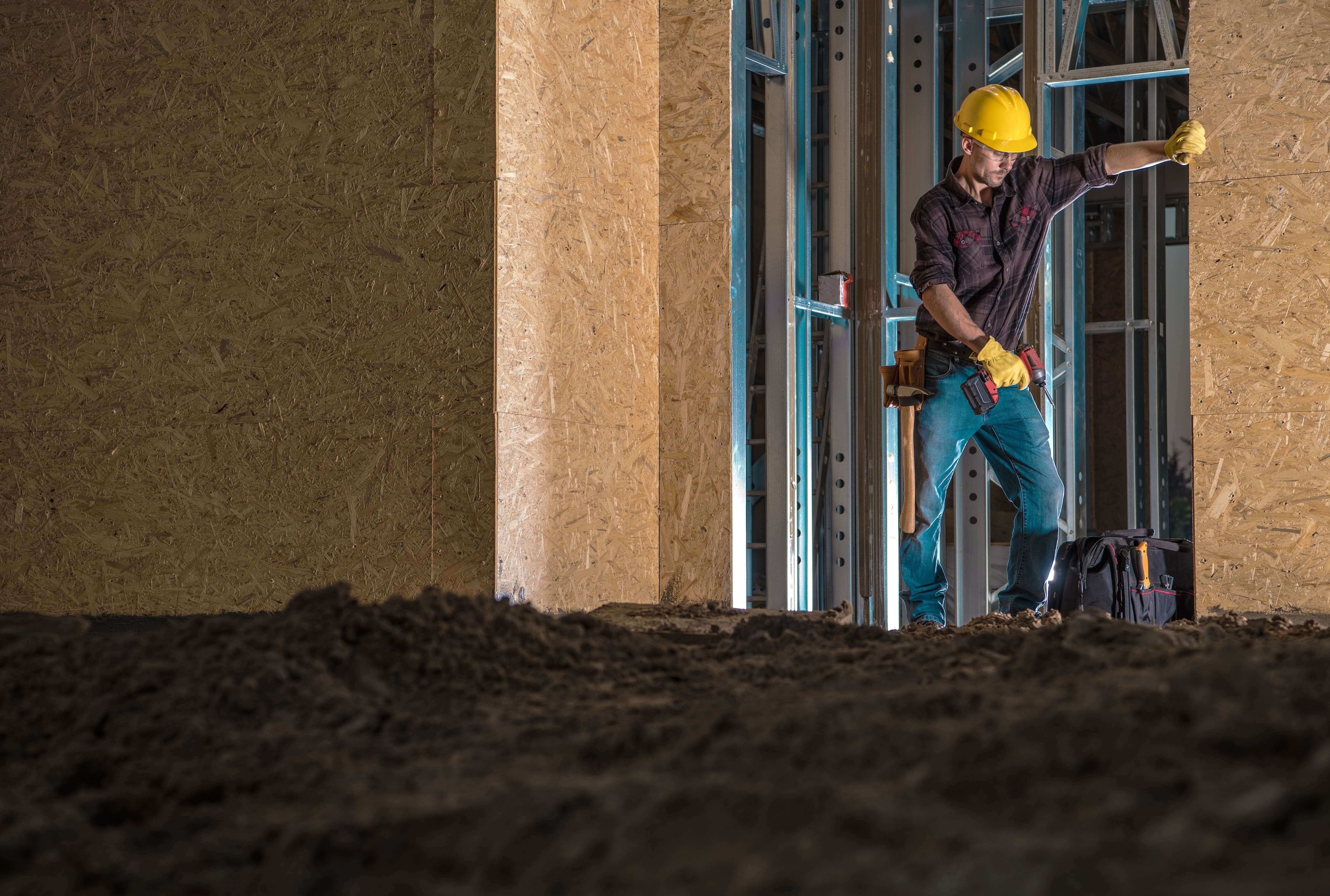
Differences Between Residential & Commercial Construction
What are the primary differences between residential and commercial construction? They are more, or less, the same, right? After all, they both accomplish the same goal: safely erect a building within a specified time and budget. While most rational individuals would assume this line of thought is accurate, nothing could be further from the truth. Differences between residential and commercial construction abound, and so this article will explain these differences for the average consumer.
Commercial vs. Residential Usage
The first primary difference between residential and commercial construction, that could even be a cause of other differences, is the use of the structure. Obviously, people use commercial and residential properties in vastly different ways, and this leads to other disparities between the two forms of construction.
Residential construction usage is generally straight-forward. Residential construction companies build a single-family home where people eat, sleep, bathe, and live. Residential construction also includes apartments, condos, and townhouses.
Alternatively, a commercial construction project may involve building a retail store where people house merchandise and shop. Likewise, the building may be used in some manufacturing or industrial processes. It is common for commercial buildings to have multiple uses such as a store with apartments above or a manufacturer that makes and sells goods from the same building. If a construction project includes facets of both residential and commercial usage, then it is generally considered a commercial project. Commercial construction also includes buildings for education, entertainment, government, medical treatments, and transportation.
Commercial Construction Site Planning
Because the usage is different in residential and commercial constructing projects, the site planning will also differ widely. Where a residential building will ultimately reside is, in many cases, left to the tastes and preferences of the homeowner. Large commercial operations must account for many site factors that will go into planning, including, access to major road or rail infrastructure, the ability to ship and receive from the location, customer access, and parking, and several other factors depending on the type of commercial building. Due to the site planning difference, commercial builders often rely on a process called the pre-construction in which the construction company will conduct site surveys, research permitting, and establish an overall project schedule and plan of action.
Materials in Commercial Construction
The materials used in construction also vary widely when comparing residential and commercial development. It’s most common for residential builders to use a wood frame, for instance, and for commercial builders to use a steel frame. Due to the expense, steel frames are impractical in residential construction but are the standard in a commercial building. There is more concrete used in commercial construction builds as well. While both residential and commercial buildings will utilize concrete and steel for the foundation, commercial buildings typically utilize stacked concrete masonry on the exterior more than domestic buildings.
Commercial Building Design
As you might have guessed, building design differs widely between residential and commercial construction. Again, residential buildings are unique and diverse, but their building design is often based on the site size, the surrounding neighborhood, and the owner’s tastes. Alternatively, commercial buildings for a store might be designed solely around a floor plan that maximizes foot traffic. A shopping mall or strip mall’s primary building design consideration might focus on external aesthetics.
Commercial Construction Equipment
Additionally, general contractors must use more massive and more expensive equipment for commercial construction jobs. The size and scope of commercial projects are usually larger, so it stands to reason that they would need more significant earth movers and other heavy equipment that is more expensive to rent or maintain. It is true that both forms of construction require excavators, backhoe loaders, graders, trenchers, and dump trucks (among others), residential construction equipment is usually smaller and cheaper to own or operate.
Commercial Construction Project Management
Experienced commercial construction general contractors must be able to manage a variety of skill sets via subcontractors. They must also manage and coordinate the flow of supplies in a manner that allows the construction project to proceed at a smooth pace. Project management for commercial construction differs from residential development due to the need for workmanship and materials outside the typical residential construction project. Some commercial construction projects might require on-site equipment assembly, custom fabrication, and large-scale installations not encountered in residential build-outs.





